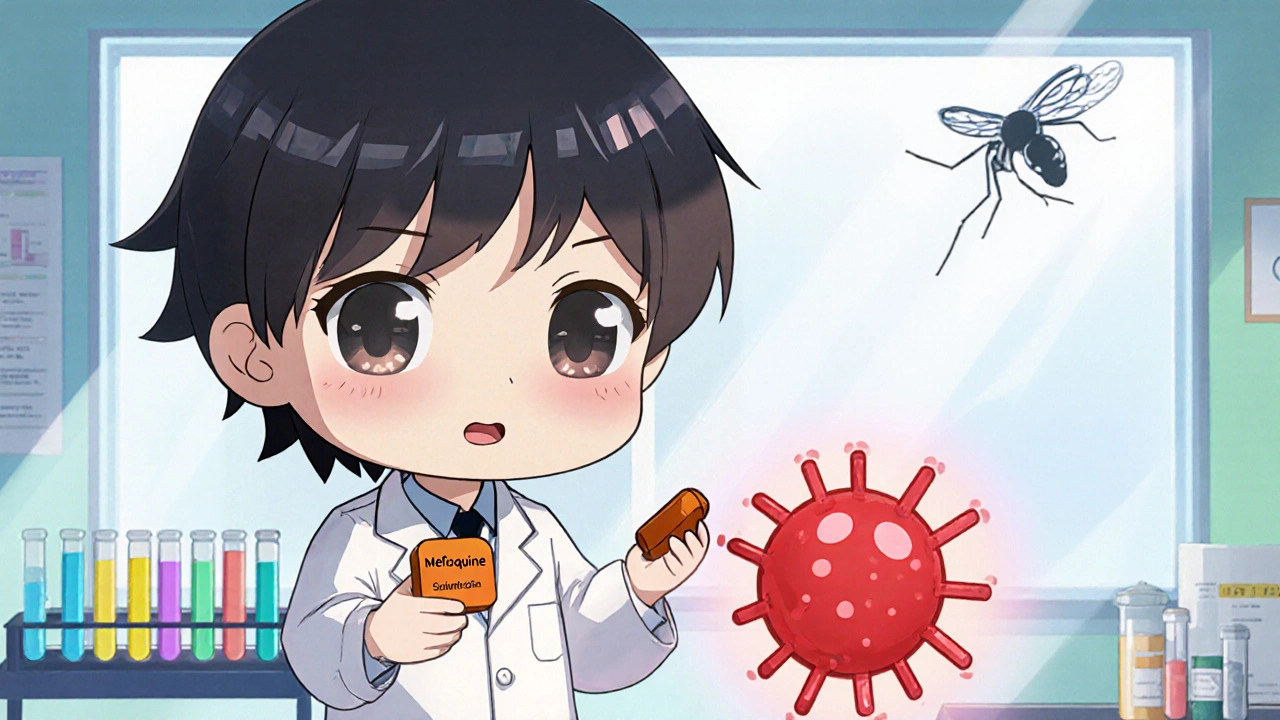Mefloquine's Role in Malaria Vaccine Development
23 Oct, 2025Explore how mefloquine, a long‑used antimalarial, can boost immune responses in malaria vaccine development, its benefits, safety concerns, and future research directions.
READ MOREWhen you hear about a new vaccine coming out, you’re seeing the end result of something called vaccine development, the scientific process of creating vaccines to train the immune system against specific diseases. Also known as vaccine research and production, it’s not just about mixing ingredients—it’s a complex, multi-year journey involving biology, data, safety checks, and global coordination. This process doesn’t happen in a lab by itself. It needs real-world testing, regulatory approval, and public trust to work.
Behind every vaccine are three big pieces: clinical trials, the structured testing phases that prove a vaccine is safe and effective in humans, immunization, the act of giving the vaccine to people so their bodies learn to fight off the disease, and mRNA vaccines, a newer type that uses genetic instructions to teach cells how to build a harmless piece of the virus. These aren’t just terms—they’re the actual building blocks of modern protection. For example, mRNA vaccines like those for COVID-19 changed how fast we could respond to outbreaks, but they still had to go through the same safety steps as older vaccines. The same goes for traditional ones using weakened viruses or protein pieces—they all follow the same core path: design, test, approve, deliver.
Public health depends on this system working right. A vaccine that skips steps can cause harm. One that takes too long lets diseases spread. That’s why vaccine development isn’t just for scientists—it’s for everyone who wants to stay healthy. The posts below show you how this process connects to real-life concerns: tracking drug safety alerts, managing side effects from medicines, understanding how new treatments get approved, and even how people react when a new shot hits the market. You’ll see how vaccine development isn’t isolated—it ties into pharmacovigilance, patient monitoring, and even how we buy medications safely online. Whether you’re curious about how a flu shot is made, why some vaccines need boosters, or how scientists picked the right targets for new viruses, you’ll find clear, practical answers here—no jargon, no fluff, just what you need to know.

Explore how mefloquine, a long‑used antimalarial, can boost immune responses in malaria vaccine development, its benefits, safety concerns, and future research directions.
READ MORE